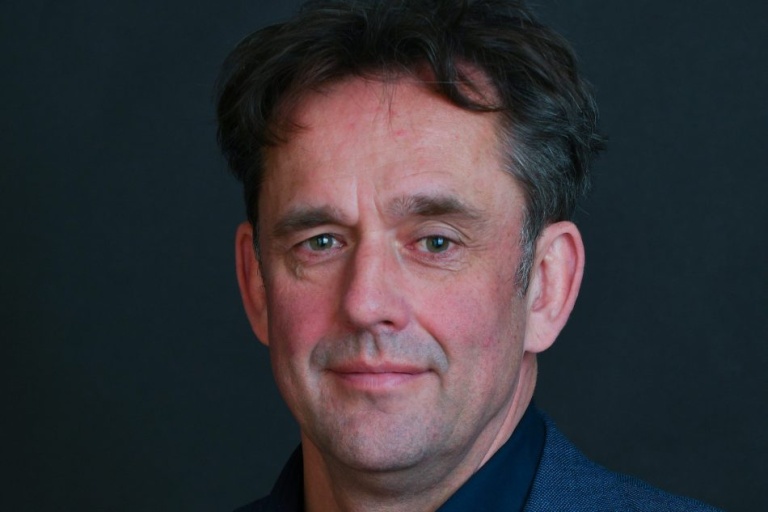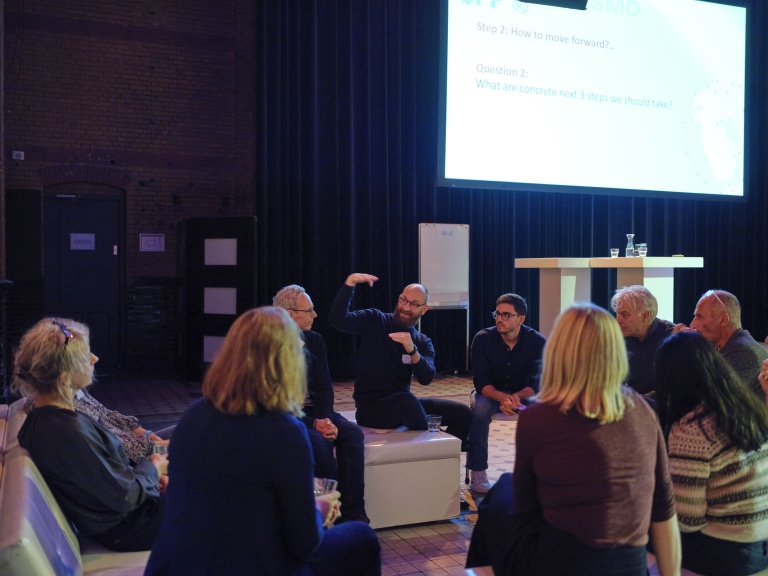"The bridge between science and practice could be strengthened a little more. That's why I enjoyed discussing with colleagues and researchers during the annual NSMD conference." Maarten Merkx is a member of NSMD's Clinical Advisory Board and, in daily life, a psychologist responsible for the content policy of GGZ institution HSK. He explains why he is involved with NSMD.

Why did you accept the invitation to join the NSMD Clinical Advisory Board?
"Because in the mental health sector, we have good scientifically based interventions, but some of the clients do not improve as a result of these interventions. And the search for more effective interventions in recent years has yielded nothing. At HSK, we stand for evidence-based treatments and I can imagine that, with the help of network theory, you can create a profile of people who do and do not respond to treatment and, based on that profile, choose the next step in treatment."
What does collaboration between mental health and scientists usually look like, in your experience?
"At the moment, mental health professionals are mainly involved when, for example, clients need to be recruited for a study. Once the number of included clients is reached, everyone goes their own way. In my opinion, there is room for improvement in actually applying the scientific findings in practice. Let alone that you can think along with the researchers about a research design at the beginning of the project. That's why I found the first live conference so instructive and inspiring."
HSK might even join in to recruit patients for later studies?
"I would like to make a case for that, yes. Because we think it's important to treat patients in a scientifically based way, I think that's a responsibility we have to take on, but of course it's not just up to me."
So you mainly hope that GZ treatments will become more effective, possibly with the help of network theory?
"Well, also more efficient. Because apart from the fact that the current treatments work for too few people in a sustainable way, we have too few mental health workers, we treat people for too long and basic problems are being medicalised nowadays. So if NSMD produces an outcome that costs more money and manpower in practice, it will not do us much good as a mental health care institution. There is also a need for efficiency."
What do you have in mind?
"Interventions that people can carry out themselves, for example. But also regular monitoring during a treatment programme and discussion of these results with the client makes it more efficient, and I advised the scientists at the conference to include this in their research. At HSK, we monitor the treatment results after every five sessions and discuss this with the client. Sometimes it turns out that only two more sessions are needed instead of ten. In this way, we have been able to shorten a course of treatment by an average of one and a half sessions per client while maintaining the same treatment result. With 26,000 new registrations per year, that still saves almost 40,000 sessions, or about 2,800 clients we have been able to treat more."
